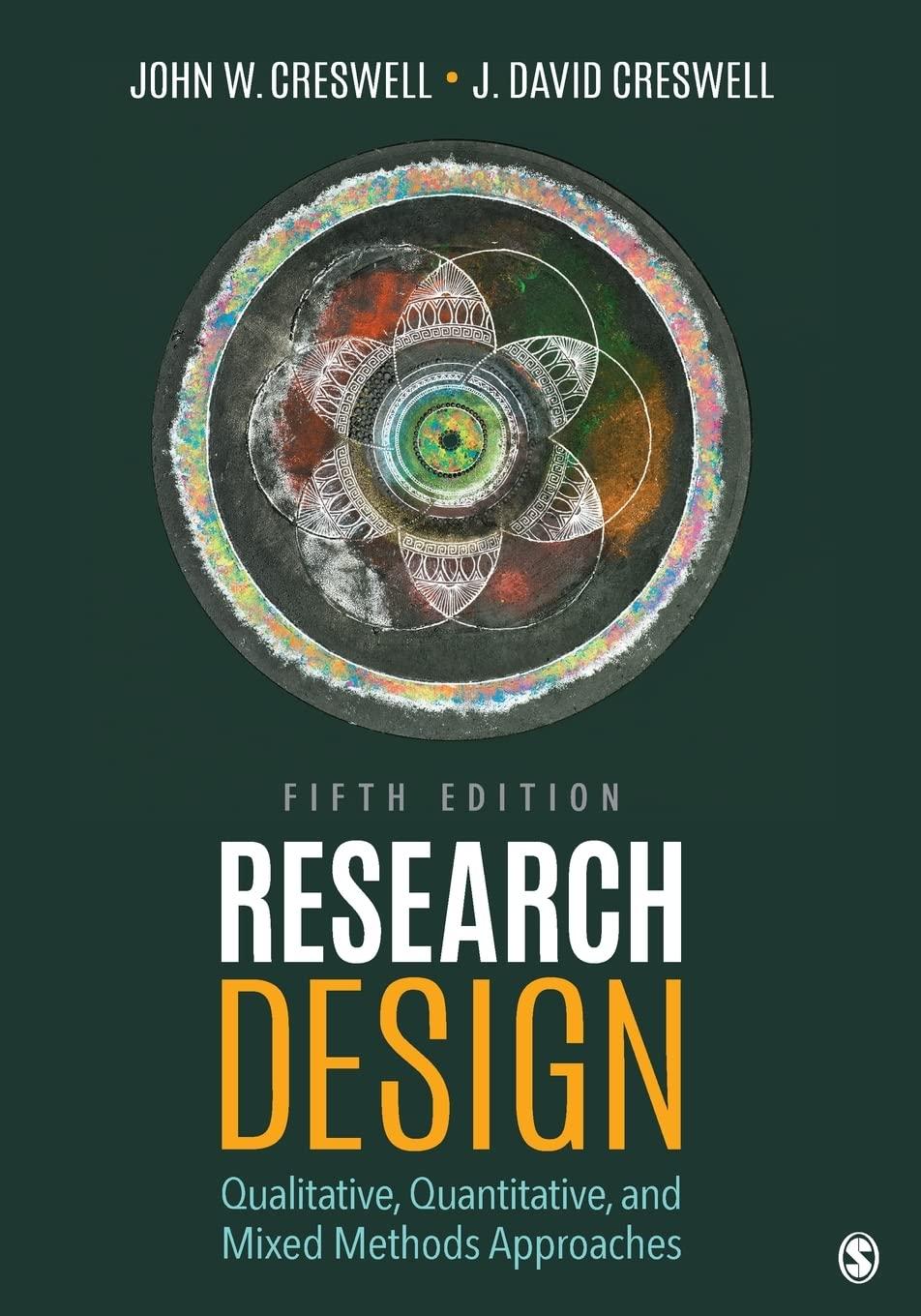Question
The cost of one show of fireworks is $2500. There are three neighbors in this neighborhood, Anne, Bob, and Carlisle. Their willingness to pay for
The cost of one show of fireworks is $2500. There are three neighbors in this neighborhood, Anne, Bob, and Carlisle. Their willingness to pay for (additional) shows is... wait, what a coincidence!: exactly as in the first table above, only multiplied by 1000. (E.g., for Anne, 1500, 1200, 1000,...). As you know, if one neighbor buys a show, all neighbors enjoy it.
a)A creative entrepreneur has figured out how to show the fireworks only to neighbors that pay for the show. (Some light effects of sorts, don't ask me about the details!) In our jargon, the entrepreneur has come up with a way of excluding. The entrepreneur hires you to figure the commercial aspects. You are to decide whether to offer a one-show, two-show, or three-show season tickets (consider only these three possibilities: the entrepreneur will offer only one and the same type of ticket to all neighbors, and at the same price to all). Of course, you need to compute the price of whatever you think is the best option, and your goal is to maximize the entrepreneur's profits. What would be your recommendation? How efficient is the solution (remember: efficiency is not your goal!)

Step by Step Solution
There are 3 Steps involved in it
Step: 1

Get Instant Access to Expert-Tailored Solutions
See step-by-step solutions with expert insights and AI powered tools for academic success
Step: 2

Step: 3

Ace Your Homework with AI
Get the answers you need in no time with our AI-driven, step-by-step assistance
Get Started


